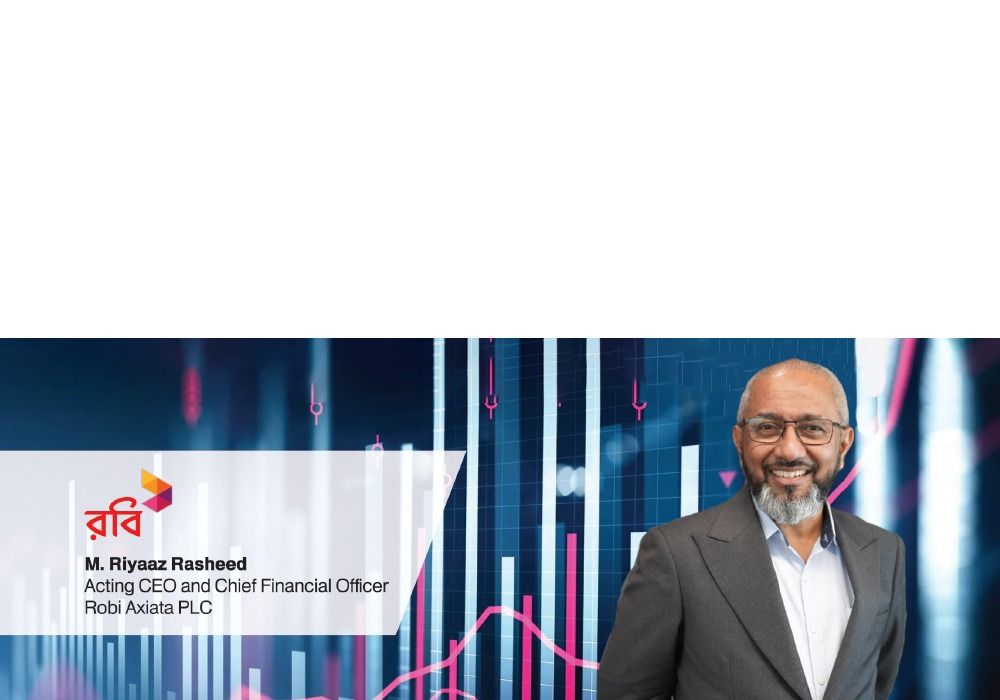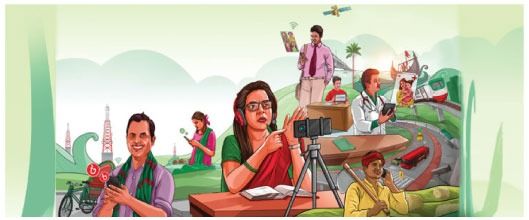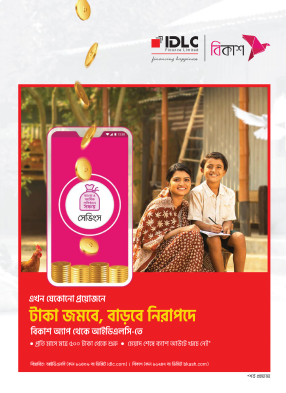- info@ficci.org.bd
- |
- +880248814801, +880248814802
- Contact Us
- |
- Become a Member
- |
- |
- |
- |
- |

When the telecom industry started out in Bangladesh in the latter half of 90s, telecom sector was the place every aspiring young talent wanted to work in. Tremendous growth of the industry in early years and its glamour started to define a new aspiring Bangladesh.
Once awe inspiring industry has today slowed down considerably in terms of employing people in the industry. Let's delve into the context that forced the industry to retract today when it still has room for expansion.
As the growth journey continued, the sector gradually began to garner special attention of the Government as a source of state revenue. It soon reached a point where revenue generation became more important for the Government than ensuring sustainable growth of the industry.
SIM tax (300 taka), Minimum Turnover Tax (2% of total revenue), Social Obligation Fund (1% of revenue), VAT payment on practically every item without recourse to rebate since BTRC chooses not to get a VAT registration from NBR, high customs duty on import of telecom equipment- the industry was squeezed out of its fiscal space.

One only needs to look at the financial performance of the mobile operators in 2024. Only Robi registered tiniest of marginal growth in the industry while others had experienced de-growth. Though the market leader and Robi made profit last year, it's apparent that industry's revenue growth has stagnated in line with the wider trends in the economy.
Since SIM tax was raised to 300 taka last year, the new subscriber acquisition has petered out; meanwhile, raising supplementary duty from 15 to 20% in the last budget and the overall economic downturn saw many subscribers leaving the telecom sector as they struggle with the economic hardship.
While the industry is struggling to grow its revenue, there is massive pressure on the industry to lower the tariff of the data service. It's worth mentioning that only spectrum acquisition and annual fees related cost make up around 10% of Robi's annual revenue. Hence, its only logical to expect that any discussion on price reduction of telecom services would include drastic reduction of regulatory costs, such as, spectrum pricing.
Amidst the doom and gloom of the industry, the Government is mounting pressure to substantially improve the quality of service. Government also expects the telecom industry to go beyond the traditional telco products like voice and data services. Though it ties into the industry's stated vision for growing the digital service segment, the transition is lacking in momentum since revenue from traditional telco services is dwindling.
4G service is considered as the key enabler for the growth of digital services. Unfortunately, we don't yet have 50% of all the devices in use in the market to be 4G; although, the network towers are 100% 4G enabled ensuring coverage for nearly 99% of the population.
Hence, even if the operators were to invest heavily to promote digital services, the return won't be there due to lack of readiness for availing such services. Besides, it doesn't make sense to explore experimental business models when the mere sustainability of the overall business is at stake.

Market leader with its large subscriber base had posted a profit last year that was 22% of its revenue. Certainly such profit margin would excite any investor. Unfortunately, the market leader is an outlier in Bangladesh's telecom industry with regards to the profit margin it enjoys due to its economy of scale.
The only other operator to post profit in 2024 was Robi; but the company's highest ever profit registered last year was only 7% of its annual revenue, which is lower than the current policy rate (10%) set by Bangladesh Bank. In other words, one can earn better return by just depositing the revenue amount in a bank.
The only way to unblock the industry's growth is to allow it a bigger fiscal space to operate. This can only happen when the regulatory cost, tax and customs duty regime and of course the consumer tax on usage of telecom services is brought down to a level appropriate for the market realities.

While the ongoing reform of the licensing regime heralds the dawn of a better tomorrow, it still doesn't go far enough to allow the mobile operators to offer fixed broadband services and lay its own fibre optic network.
It's interesting to note that the monthly average revenue per user (ARPU) in Bangladesh is only US$ 1.22 when the global average is US$ 8.5. Therefore, without allowing enough fiscal space, even the bare minimum health of the industry can't be ensured. End of the day, it's a question of investment. If the current situation persists, we will continue to see the industry struggle to grow and without growth employment generation will naturally come to a screeching halt.





